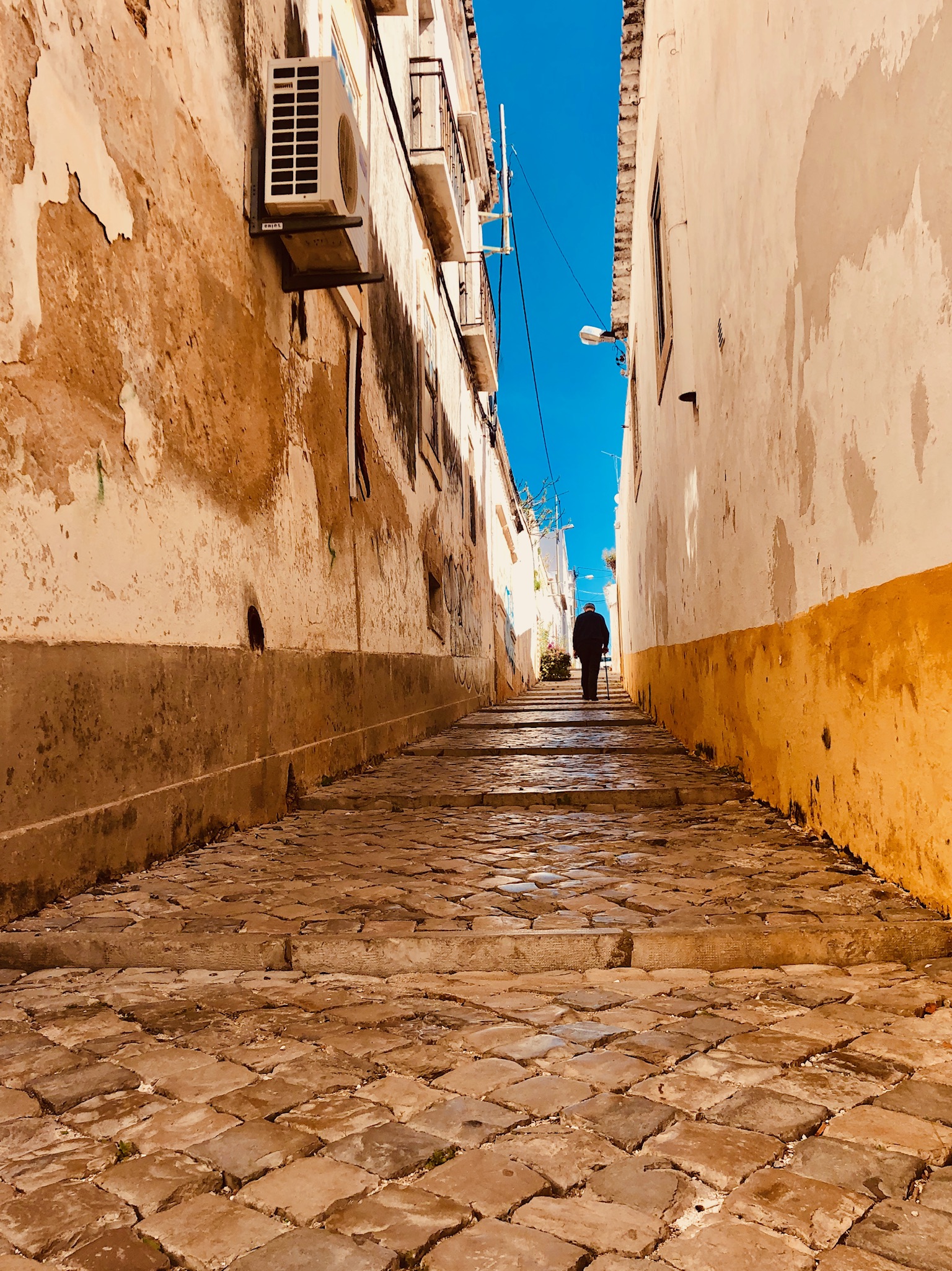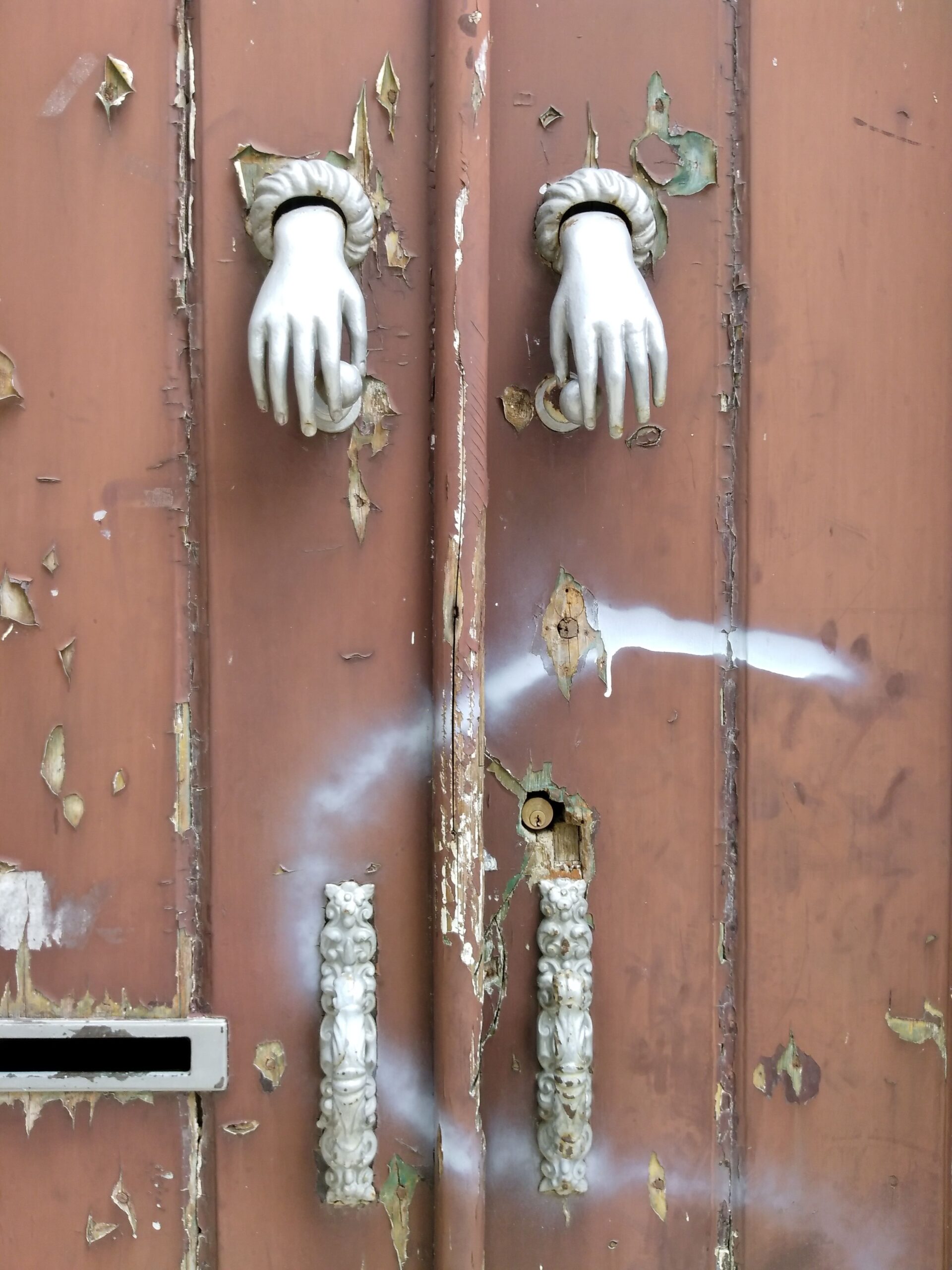By EMILIA PARDO BAZÁN
Translated from the Spanish by ALANI HICKS-BARTLETT
The piece appears below in both English and the original Spanish.
Translator’s Note
Emilia Pardo Bazán’s short story “A secreto agravio…,” which I have translated here as “For A Secret Grievance…,” emerges, in part, from Pardo Bazán’s vibrant and perspicacious reimagining of another important work: “A secreto agravio, secreta venganza” [“For a Secret Grievance, a Secret Vengeance”], an Early Modern play written by the Spanish playwright and priest, Pedro Calderón de la Barca (1600-1681), and printed in 1637. Calderón’s tragedy, one of an unfortunate “trilogy” of wife-murder plays he authored featuring a fatal confluence of jealousy, suspicion, and problems of fidelity that led to the wife’s unjustifiable death, was hugely popular on the premodern stage while also being in dialogue with a wider genre of plays featuring uxoricide and conflicts of honor and faith (we might think of “Othello,” for example).










